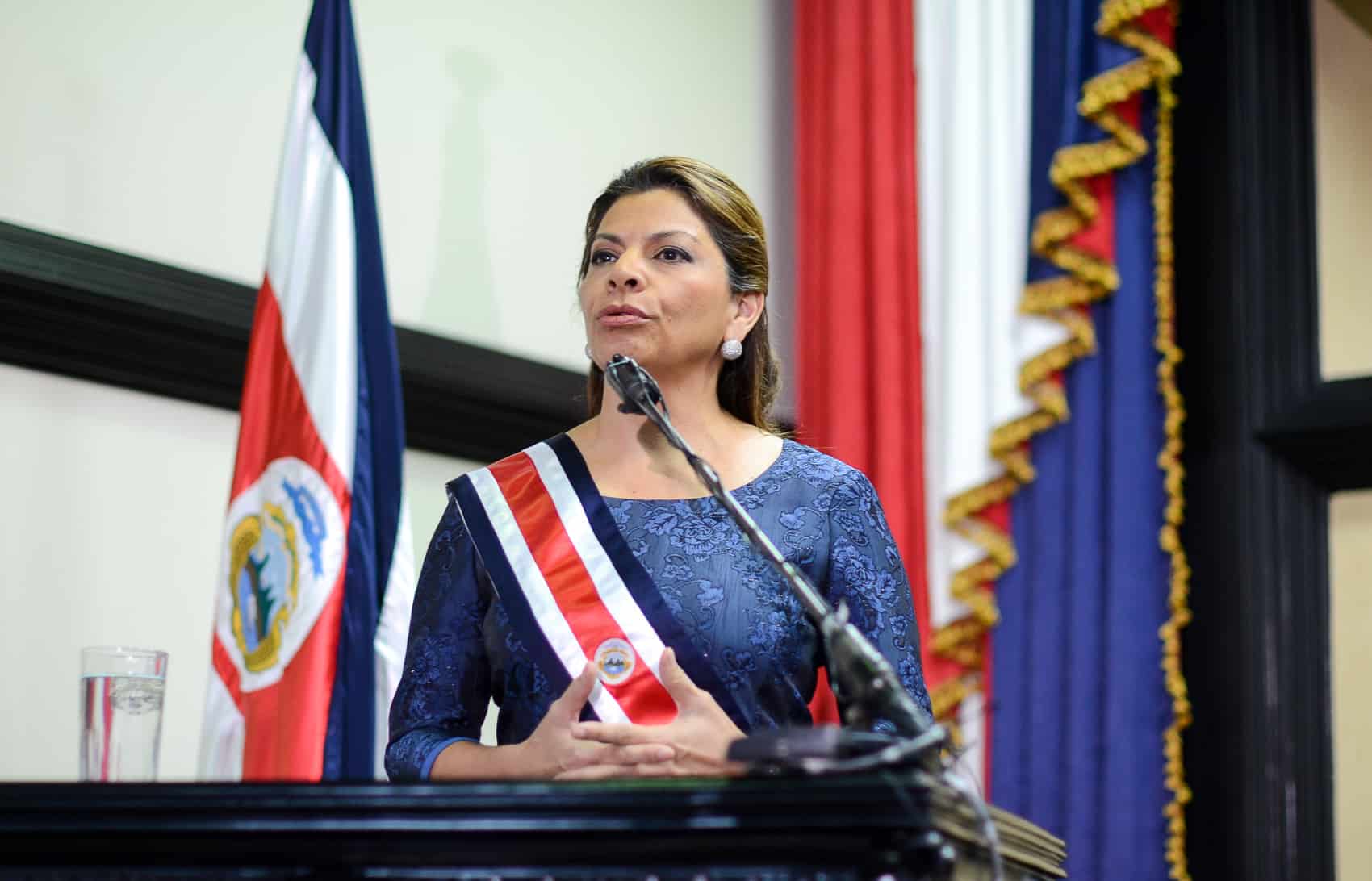The United States and 16 countries on Tuesday refused to postpone the election of the next president of the Inter-American Development Bank (IDB), in a boost to Washington’s candidate, an adviser to President Donald Trump who has generated resistance in the region.
“Our peoples need solutions that cannot be postponed,” said the 17 countries, in a statement released by the Colombian Foreign Ministry.
The text was signed by the Bahamas, Bolivia, Brazil, Colombia, Ecuador, El Salvador, the United States, Guatemala, Guyana, Haiti, Honduras, Jamaica, Panama, Paraguay, the Dominican Republic, Suriname, and Venezuela, which at the IDB is represented by a delegate of the parliamentary head and opposition leader, Juan Guaidó.
“The election of the president of the IDB is of the utmost importance for our region. … We urge all member countries to comply, in due time and form, with the resolutions already approved,” the signatories said.
As the IDB’s executive board decided in July, the successor of Colombian Luis Alberto Moreno must be voted on in a virtual meeting from September 12-13. Initially, the election was to be in March at the IDB’s annual assembly in Barranquilla, Colombia, but it was rescheduled for March 2021 due to the pandemic.
The Trump administration announced in June the nomination of Mauricio Claver-Carone, a Cuban-born lawyer in charge of Latin American affairs on Trump’s National Security Council and known for his hard-line stances toward Castro’s Cuba and Venezuela’s. Nicolás Maduro.
The IDB, the main source of financing for the development of Latin America and the Caribbean, was born in 1959 within the Organization of American States (OAS) and has had only four presidents: the Chilean Felipe Herrera (1960-1970), the Mexican Antonio Ortiz Mena (1970-1988), the Uruguayan Enrique Iglesias (1988-2005), and Moreno.
With Claver-Carone’s application, the tacit agreement between the countries that the IDB belongs to Latin America seemed to be broken.
Costa Rica, Argentina and Mexico support postponement
Argentina, which wants to ensure that this tradition is maintained, insisted last week to postpone the elections until March, arguing that the pandemic prevents a face-to-face election as would be appropriate.
Costa Rica, Chile and Mexico also spoke out in favor of postponing it, as did the head of European Union (EU) diplomacy, Josep Borrell, who recommended it to the European IDB member countries.
Faced with the Argentine offensive, Claver-Carone accused the government of Alberto Fernández of seeking to “obstruct” the vote, in statements considered “aggressive” by Chile.
Argentina nominated Gustavo Beliz, Secretary for Strategic Affairs of the Presidency, while Costa Rica promotes the candidacy of former President Laura Chinchilla.
The IDB president is elected by the Board of Governors, the institution’s highest authority, which brings together its 48 member countries. Each country appoints a governor, whose voting power is directly linked to the capital he or she subscribes.
For the election to take place, a majority of the total governors must participate, including a majority of regional governors, representing a voting power of at least 75%.
The United States, the largest shareholder of IDB, owns 30% of the voting power. The other 16 countries that on Tuesday rejected postponing the election add another 23.9%.
On the other hand, Argentina, Mexico, Chile and Costa Rica reach a total of just over 22%.
Other IDB members with a significant percentage of voting power are Canada, with 4.0%, and Japan, with 5.0%. Among Europeans, the main shareholders with Italy (1.966%), Spain (1.964%), Germany (1.896%) and France (1.896%).






